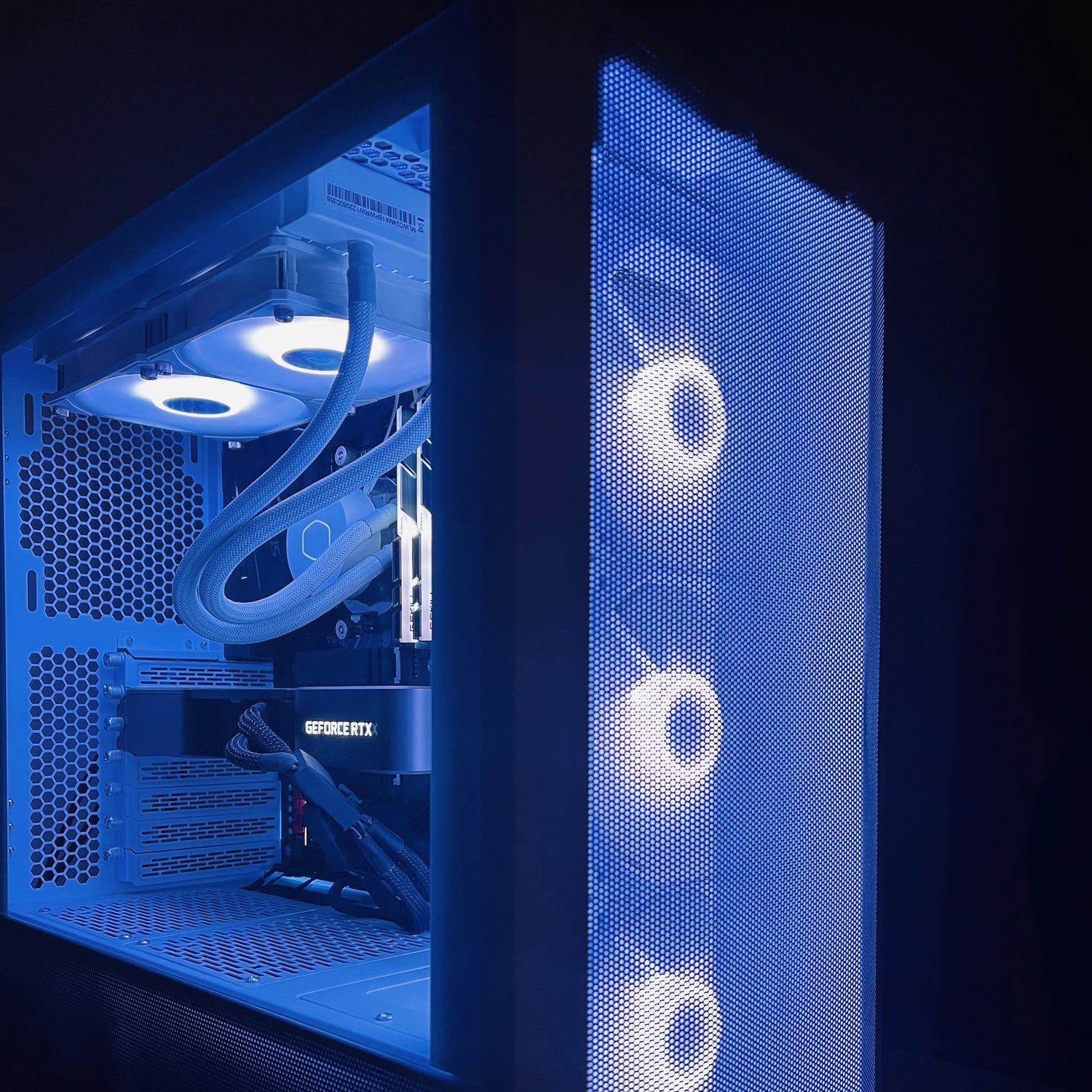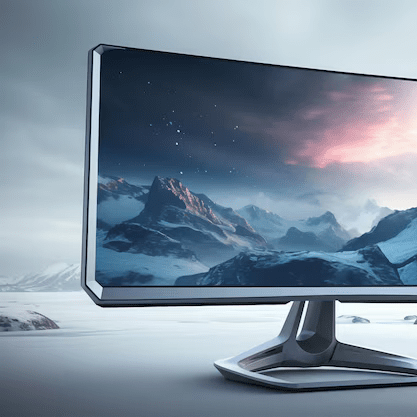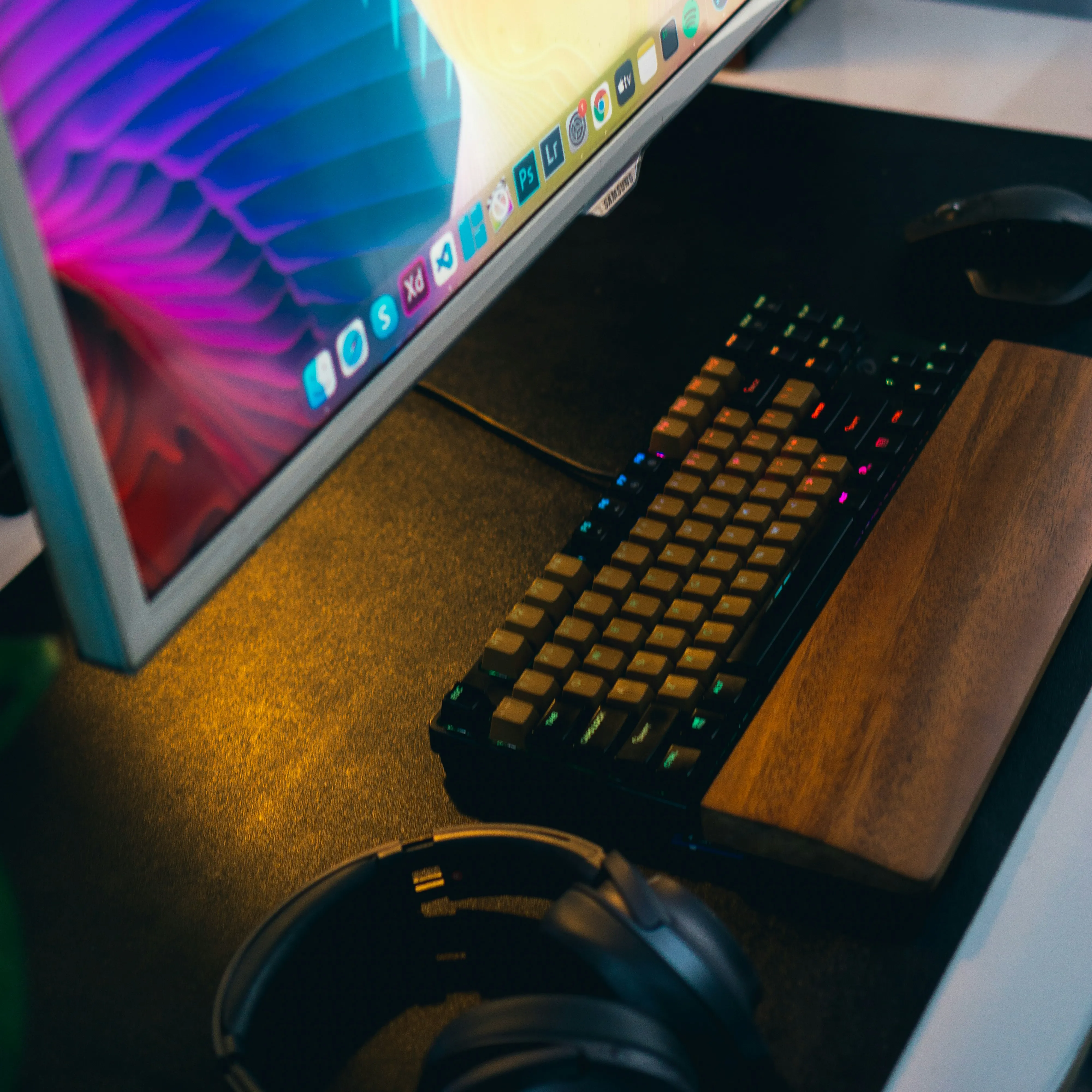Shopping for a new PC can be overwhelming, especially if you're not a tech expert. With all the technical jargon and specifications, it’s easy to feel lost. But don’t worry! Here’s a simple guide to help you gauge the performance of a PC before buying it, ensuring you get the best bang for your buck without needing a computer science degree.
1. Understand Your Needs
Before diving into specs, think about what you’ll be using the PC for. Are you a gamer, video editor, or do you just need a machine for everyday tasks like browsing and media consumption? Knowing your needs will help you focus on the right features.
2. Check the Processor (CPU)

Source: Pixabay
The CPU is the brain of your computer. For most users, an Intel Core i5 or AMD Ryzen 5 is more than sufficient. Here’s a quick breakdown:
Intel Core i9/Ryzen 9 Best for professional workloads, video editing, 3D rendering, and enthusiast gaming.
3. Look at the Memory (RAM)
RAM is where your PC stores data it’s currently working with. More RAM means better multitasking. Here’s a simple guide:
8GB Suitable for most casual users, offering a good balance between performance and cost.
16GBEnough for gamers and multitaskers.
32GB and above Great for professionals using demanding software, and for future-proofing your system.

Source: Unsplash
4. Storage: SSD
Storage speed directly impacts how quickly your PC accesses data. That's why Solid State Drives (SSDs) are the preferred choice. SSDs are significantly faster and more reliable than traditional Hard Disk Drives (HDDs), leading to quicker system boot times, application launches, and overall responsiveness.
Since most modern PCs come with SSDs as the primary storage option, you'll benefit from this speed advantage right out of the box.
If you require a massive amount of storage space for a specific need, then you might consider a combination approach. However, for most users, an SSD provides the perfect balance of speed and capacity for daily tasks.
5. Graphics Card (GPU)
If you’re into gaming or video editing, pay close attention to the GPU. For everyday use, integrated graphics (built into the CPU) are usually fine. For gaming or graphic-intensive tasks, you’ll need a dedicated graphics card. Here’s a quick rundown:
Integrated Graphics Suitable for basic tasks and light gaming
Dedicated Graphics (e.g., NVIDIA GeForce GTX/RTX or AMD Radeon)Necessary for gaming, video editing, and 3D rendering.
Source: Freepik
6. Check Benchmark Scores
Benchmark scores are a great way to compare the performance of different PCs. Websites like PassMark, Cinebench, and 3DMark provide scores that reflect how well a PC performs in various tasks. Higher scores generally mean better performance.

Source: Freepik
7. Look for User Reviews
User reviews are invaluable when you're trying to decide which PC to buy. They provide real-world insights into how well a PC performs and its reliability, from people who have already used the product. Here’s how to make the most of user reviews:
Visit Multiple Sites Check out reviews on various websites such as Amazon, Newegg, and Best Buy. These platforms have extensive user feedback and ratings that can give you a well-rounded view of a product's performance.
Check Tech Forums and YouTube In addition to retail websites, visit tech forums like Reddit and reliable review channels on YouTube. These sources often feature in-depth reviews and discussions about PCs, offering detailed insights and answering specific questions you might have.
Look for Common Themes Pay attention to recurring pros and cons mentioned by multiple reviewers. If many users praise a PC’s speed or criticize its fan noise, these patterns can help you gauge the product’s strengths and weaknesses.
Filter by Use Case Focus on reviews from users who have similar needs to yours. For example, if you’re a gamer, look for feedback from other gamers. If you need a PC for video editing, find reviews from content creators. This way, you can see how well the PC performs for tasks similar to what you plan to do.

Source: Freepik
8. Consider Future-Proofing
When buying a PC, it's important to think not just about your current needs but also about how your needs might evolve over the next few years. Technology advances quickly, and a PC that’s cutting-edge today might feel outdated sooner than you’d expect. Here’s how to future-proof your purchase:
Think Ahead Consider how you might use your PC in the future. Will you start doing more video editing or gaming? Will your work require more processing power or storage?
Invest in Higher Specs If your budget allows, choose a PC with higher specifications than you currently need. For example, opt for more RAM (16GB instead of 8GB) or a better CPU (like an Intel Core i7 or i9 instead of an i5). This ensures that your PC can handle more demanding tasks down the road without slowing down.
Consider Upgradability Look for PCs that are easy to upgrade. A desktop with accessible components allows you to add more RAM, swap out the graphics card, or install additional storage as your needs change.
Balance Budget and Longevity While it might be tempting to go for the cheapest option now, spending a bit more on a more powerful and versatile machine can save you money in the long run. You’ll avoid needing to replace your PC as soon, making it a more economical choice over time.
9. Visit a Store or Ask for Expert Help
If possible, visit a physical store to see PCs in action. You can also ask sales staff for recommendations based on your needs. Don’t be afraid to ask questions—they’re there to help!
Conclusion: Finding the Right PC for You
Evaluating PC performance doesn’t have to be intimidating.By focusing on what you need, understanding essential specs like CPU, RAM, storage, and GPU, and using resources like benchmark scores and user reviews, you can make a well-informed choice. The ideal PC is one that meets your specific needs and fits within your budget.
For a seamless shopping experience, explore Sandbox. Our easy-to-use interface, carefully selected options, and competitive prices make it simple to find the perfect PC for you. Whether you're planning to build your own or prefer a pre-built system, Sandbox offers the best consultation and customization services. Visit Sandbox today to RIG THE GAME!





1 comment
Aryan
Very informative, really properly explained.
Leave a comment
This site is protected by hCaptcha and the hCaptcha Privacy Policy and Terms of Service apply.